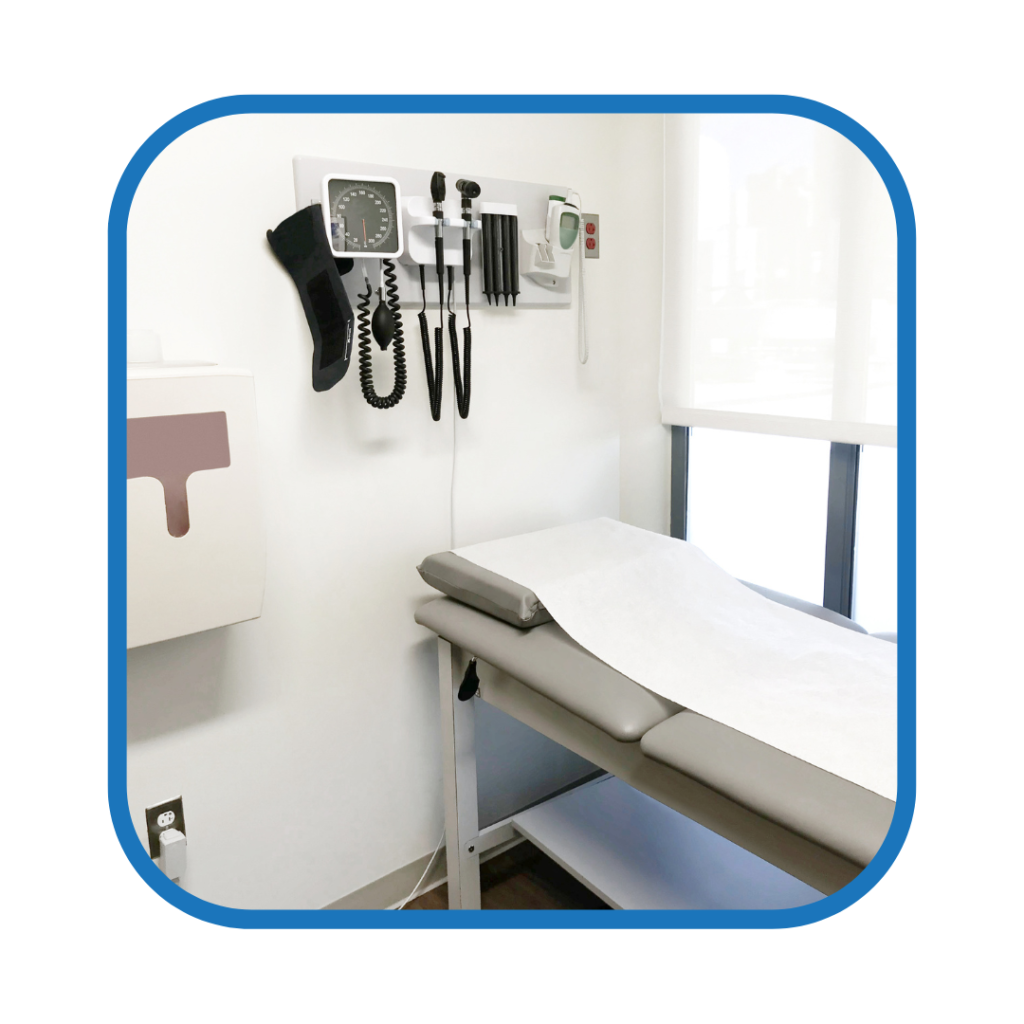Wiki
Biometric Screening

A biometric screening is a clinical assessment that is done to measure and monitor certain health indicators. This can include height, weight, body mass index (BMI), blood pressure, blood cholesterol levels, and blood sugar levels. A typical biometric screening in performed by a medical professional in a clinic setting, and includes a fasting blood draw. The information collected during a biometric screening can be used to determine if someone is at a high risk for chronic illness. Regular biometric screening can also monitor any changes that develop over time.
To learn more about biometric screenings, please visit our blog post, What Are Biometric Screenings?


